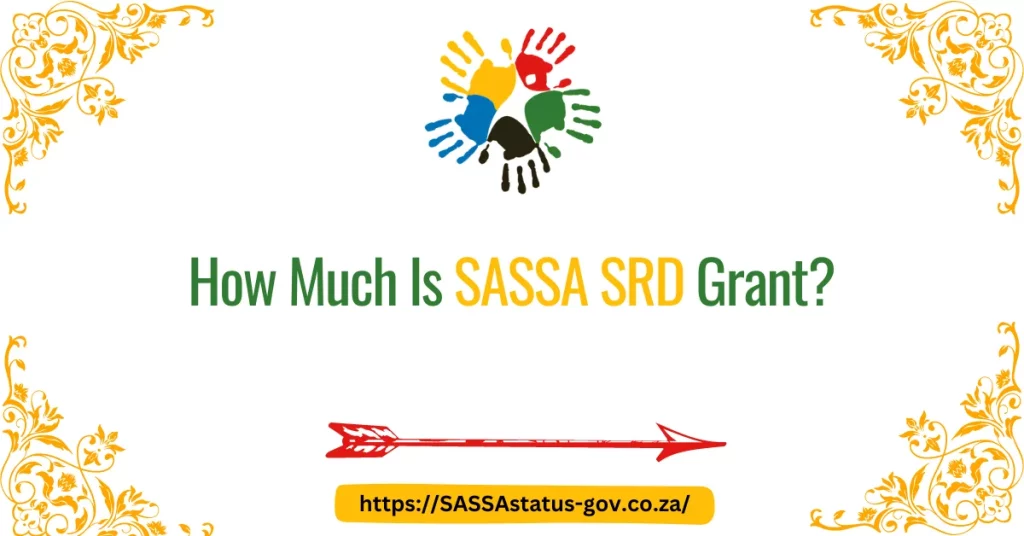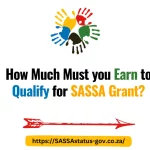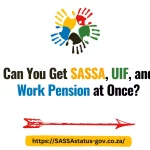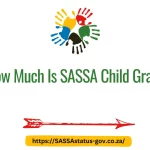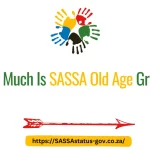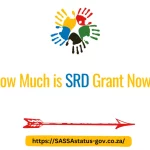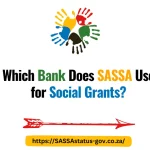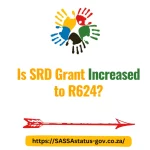The South African Social Security Agency (SASSA) has brought some good news for those receiving the Social Relief of Distress (SRD) grant. From April 1st, 2024, the monthly grant amount has been increased by R20, taking it up to R370 per month. This increase aims to provide a little extra support to individuals and families facing hardship and unemployment in South Africa.
Quick Answer
The SASSA SRD grant amount for 2024 is R370 per month, an increase of R20 from the previous year. To be eligible, applicants must be South African citizens or permanent residents aged 18-60, unemployed, with a monthly income below R624, and not receiving other government assistance or family support.
While the SRD grant amount is lower than some other social grants like R530 Grant of Child Grant or the Older Persons Grant or Disability Grant, it still plays a vital role in assisting those who are most vulnerable and in need. Every little bit helps when you’re struggling to make ends meet.
Who Exactly Qualifies for the SASSA SRD r370 Grant in 2024?
Let’s take a closer look at the eligibility criteria:
Nationality/Residency
- You must be a South African citizen with a valid ID book or ID card.
- Permanent residents with a valid permanent residency permit can also apply.
- Refugees with a valid refugee status permit are eligible.
- Asylum seekers with a valid Section 22 visa or permit can apply too.
Age
You need to be between 18 and 60 years old to qualify for the grant. This is because the SRD grant is aimed at individuals of working age who are facing financial difficulties.
Employment Status
One of the key requirements is that you must currently be unemployed. This means not having any form of formal or informal employment or income.
Income Level
Your monthly income cannot exceed R624. So if you have no income at all, or your income is below this threshold, you may be eligible for the grant. This income limit helps ensure the SRD grant reaches those most in need of financial assistance.
Other Government Assistance
You cannot be receiving any other form of government aid, such as other social grants, payments from the Unemployment Insurance Fund (UIF), or financial aid from the National Student Financial Aid Scheme (NSFAS). The SRD grant is meant for those who don’t have access to any other government support.
Family Support
You also cannot be receiving financial support from family members. The grant is intended for those who do not have any other means of income or support.
Employment Status
Government employees are not eligible for the SRD grant, as they already have a source of income.
Medical Condition (Optional)
In some cases, individuals who are medically unfit to work for a period of less than six months may be eligible for the grant.
Recent Loss of Primary Breadwinner (Optional)
If you were the primary breadwinner of your household and passed away within the last three months, your family may be eligible to receive the SRD grant for a limited period.
Natural Disasters (Optional)
Victims of natural disasters, such as floods or fires, may also be considered eligible for the grant on a temporary basis.
It’s important to note that the eligibility criteria may vary slightly depending on your specific circumstances, and SASSA may consider other factors on a case-by-case basis. If you believe you meet the requirements, it’s worth applying and providing all the necessary documentation to see if you qualify for the R370 SRD grant in 2024.
Remember, this grant is designed to provide a financial lifeline to those who need it most. While the amount may seem modest, it can make a significant difference in helping you cover basic necessities and get back on your feet during tough times. If you’re struggling, don’t hesitate to apply and take advantage of the support available through SASSA’s SRD grant program.

I’m Anele Zulu, a South African social worker dedicated to serving my country’s most vulnerable. With my degree and field expertise, I empower underprivileged communities through compassionate support and tireless advocacy on this website. My goal is simplifying access to services so families can uplift themselves

